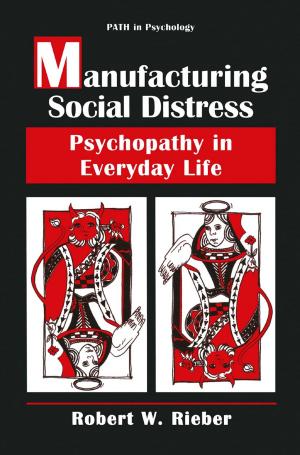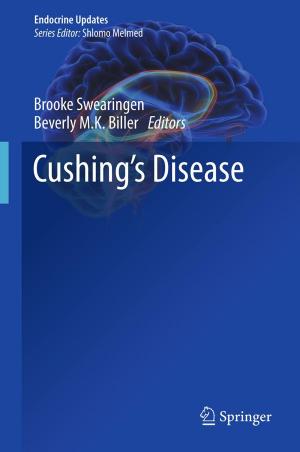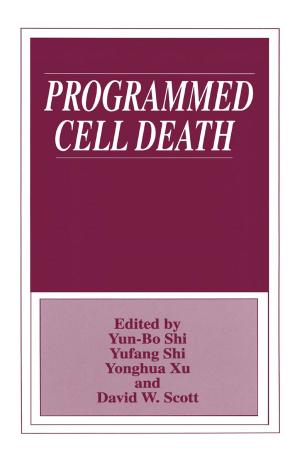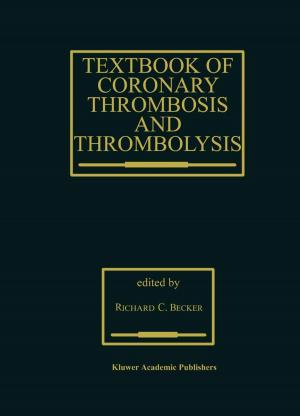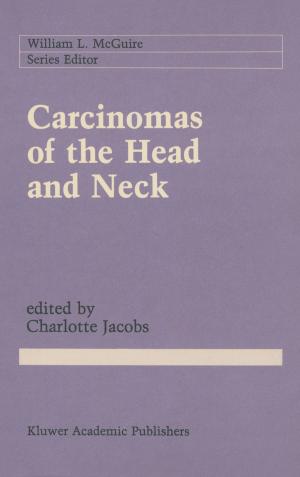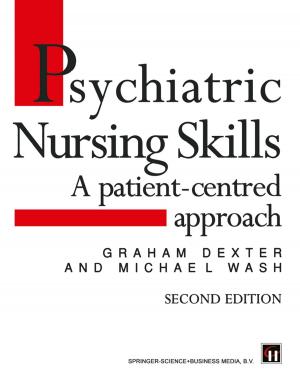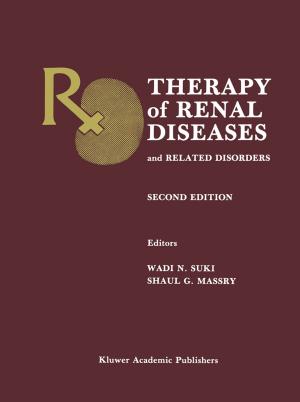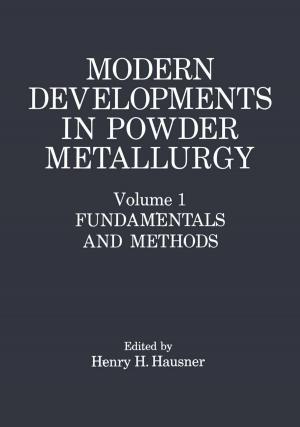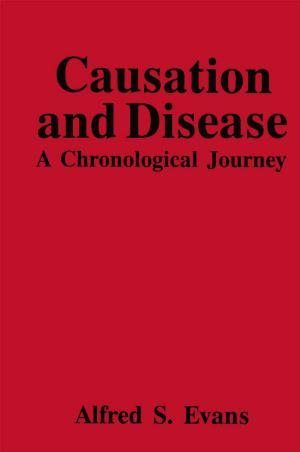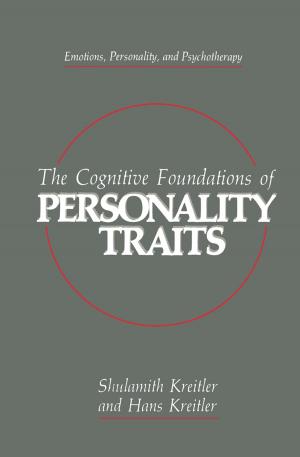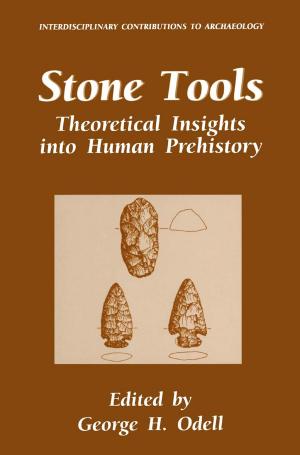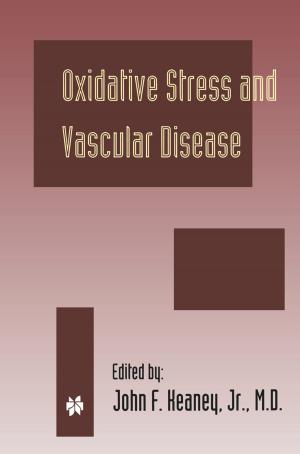White cells and platelets in blood transfusion
Proceedings of the Eleventh Annual Symposium on Blood Transfusion, Groningen 1986, organized by the Red Cross Blood Bank Groningen-Drenthe
Nonfiction, Health & Well Being, Medical, Specialties, Internal Medicine, Hematology, Ailments & Diseases, Infectious Diseases, General| Author: | ISBN: | 9781461320890 | |
| Publisher: | Springer US | Publication: | December 6, 2012 |
| Imprint: | Springer | Language: | English |
| Author: | |
| ISBN: | 9781461320890 |
| Publisher: | Springer US |
| Publication: | December 6, 2012 |
| Imprint: | Springer |
| Language: | English |
As a clinical discipline blood transfusion encompasses enormous vista, vary ing from biotechnology to molecular biology, from plasma products, cell biology and growth factors to interleukines. Growth of knowledge in this field has been rapid, and expertise is now required to be mastered and renewed in translating these ideas for patient care. Various types of cells could be harvested - progenitor stem cells derived from bone marrow or from circulating blood as a source for transplants; in the hemostatic armoury platelets could be used prophylactically; granulocytes and mononuclear cells are available for treatment of infections or immune modulations. However, their therapeutic use carries potential complications including graft versus host disease and CMV-infection. Prevention of such complications by irradiation and by removal of immunocompetent leukocytes are important issues. Thus, production of such therapeutic materials ought to address the issues at the earliest, to eliminate those problems while adhering to the con cept of high quality; the impact of storing platelets for longer periods by using improved plastic containers or storing almost indefinitely in frozen state should be explored. Rapid progress in cell culture techniques and bio technology have enriched the transfusion medicine armoury with lympho kines, interferons and cell colony growth factors which have great potentials for enhancement of basic knowledge as well as considerable therapeutic applications in patients.
As a clinical discipline blood transfusion encompasses enormous vista, vary ing from biotechnology to molecular biology, from plasma products, cell biology and growth factors to interleukines. Growth of knowledge in this field has been rapid, and expertise is now required to be mastered and renewed in translating these ideas for patient care. Various types of cells could be harvested - progenitor stem cells derived from bone marrow or from circulating blood as a source for transplants; in the hemostatic armoury platelets could be used prophylactically; granulocytes and mononuclear cells are available for treatment of infections or immune modulations. However, their therapeutic use carries potential complications including graft versus host disease and CMV-infection. Prevention of such complications by irradiation and by removal of immunocompetent leukocytes are important issues. Thus, production of such therapeutic materials ought to address the issues at the earliest, to eliminate those problems while adhering to the con cept of high quality; the impact of storing platelets for longer periods by using improved plastic containers or storing almost indefinitely in frozen state should be explored. Rapid progress in cell culture techniques and bio technology have enriched the transfusion medicine armoury with lympho kines, interferons and cell colony growth factors which have great potentials for enhancement of basic knowledge as well as considerable therapeutic applications in patients.

